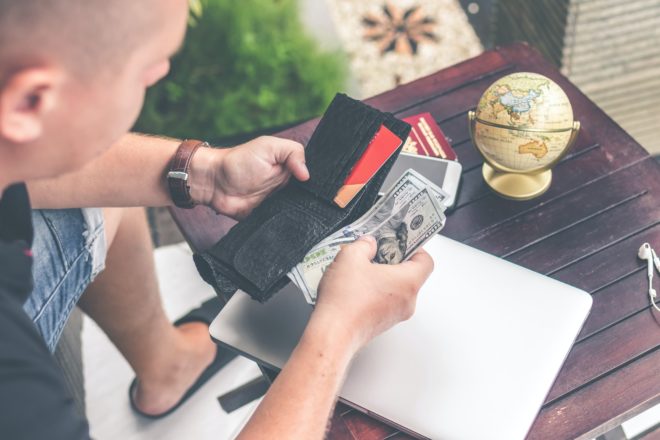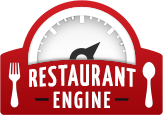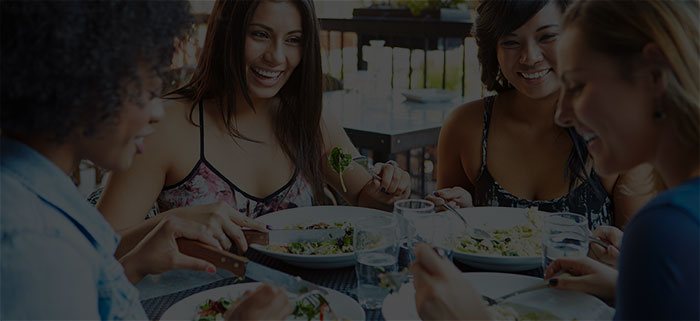Upcoming Deadlines for Small Business Administration Grants and Loans

Small business owners have only a few days left to take advantage of several COVID-19 relief programs from the U.S. Small Business Administration (SBA). Not only are the grants and low-interest loan programs more generous than many other programs of the recent past, a mid-June survey by Paychex revealed that an impressive 64% of applicants for one of the SBA’s most generous relief programs, the Paycheck Protection Program (PPP), actually received financing.
Important: The deadline to apply for the PPP is June 30.
The SBA was founded in 1953 by President Dwight D. Eisenhower as a government agency that provides support to entrepreneurs and small businesses. It employs over 3,200 workers and fulfills one quarter of prime federal contracts to small businesses. It also provides free counseling and training across its 1,800 office locations. Its office will process nearly $1 trillion of relief funds this year as part of the CARES Act.
There are three main relief programs administered by the SBA.
- Paycheck Protection Program
- Economic Injury Disaster Loans and Advances
- Debt relief for 7(a), 504, and Microloans
Paycheck Protection Program (PPP)
The PPP with its associated Flexibility Act are both in force. Funded with over $659 billion, the PPP is one of the largest constituents of the $2 trillion CARES Act.
PPP loans are intended to help businesses keep their workforce employed during the coronavirus (COVID-19) crisis. If at least 60% of funds are spent on payroll within 24 weeks and certain other conditions are met, the entire loan amount can be forgiven, converting the principal into a cash grant that the owner can keep.
As of the close of business on June 25, 2020, the SBA has approved 4,740,945 PPP loans from 5,459 lenders totaling $517 billion. That means 79% of the program’s total $659 billion has been exhausted.
Congressman David Rouzer provided a one-page flyer outlining the benefits of the Flexibility Act for restaurants as a PDF here.
Restaurateurs should apply directly with a third-party lender, not the SBA directly. Loan repayment will be waived if the borrower satisfies the U.S. Treasury’s forgiveness criteria through the SBA’s approval process as conducted by the third-party lender. We provide a guide in our analysis here and here.
Economic Injury Disaster Loans (EIDL) and EIDL Advances
EIDLs are 30-year term loans at 3.75% interest with payments deferred in full for 12 months. Accompanying these generously not-to-be-overlooked borrowing terms is a $1,000 per employee Advance, which is essentially a grant that does not have to be repaid. The maximum Advance is $10,000 for business owners employing 10 or more employees.
The SBA has announced, “In response to the Coronavirus (COVID-19) pandemic, small business owners in all U.S. states, Washington D.C., and territories are able to apply for an Economic Injury Disaster Loan advance of up to $10,000. This advance is designed to provide economic relief to businesses that are currently experiencing a temporary loss of revenue. This loan advance will not have to be repaid.”
According to SBA spokesperson Carol Chastang, the EIDL program had $266 billion remaining loan funds as of June 19. As of June 21, the SBA had approved $113 billion in EIDLs and $12 billion in EIDL advances.
The maximum Economic Injury Disaster Loan (EIDL) amount is $150,000. Repayment is fully deferred for 12 months. Thereafter, interest accrues at 3.75%. The loan length is 30 years and competes with many mortgages in terms of its attractiveness to borrowers.
Again, all applicants for EIDLS are automatically considered for an EIDL Advance, which is a quick, grant-like cash payment of $1,000 per employee, up to 10 employees, in anticipation of receiving the full loan. EIDL Advances do not have to be repaid.
Restaurateurs can apply for EIDLs here. Although businesses are eligible to apply for both PPP and EIDL, the EIDL Advance amount will simply be deducted from the forgivable portion of the PPP loan.
A full analysis of the EIDL program is provided here. Restaurateurs should apply directly with the SBA, not a third-party lender.
Microloans and Partial Debt Relief
Microloans is another form of financial reprieve to small businesses during the COVID-19 pandemic. Microloans are most applicable of the three loan types listed on the SBA Debt Relief webpage, the other two being 7(a) and 504 loans.
The EIDL loan, with the exception of its $1,000 per employee Advance, is not forgivable. Microloans are partially forgivable.
Specifically, the SBA has announced that it will pay “6 months of principal, interest, and any associated fees that borrowers owe for all current 7(a), 504, and Microloans in regular servicing status as well as new 7(a), 504, and Microloans disbursed prior to September 27, 2020.” Therefore, half of a 12-month term Microloan could be forgiven, minus loan origination and servicing fees.
A full analysis of partially forgivable SBA Microloans is available here.
Photo by Artem Beliaikin on Unsplash


Leave a Reply